Posts by Matthew Holst
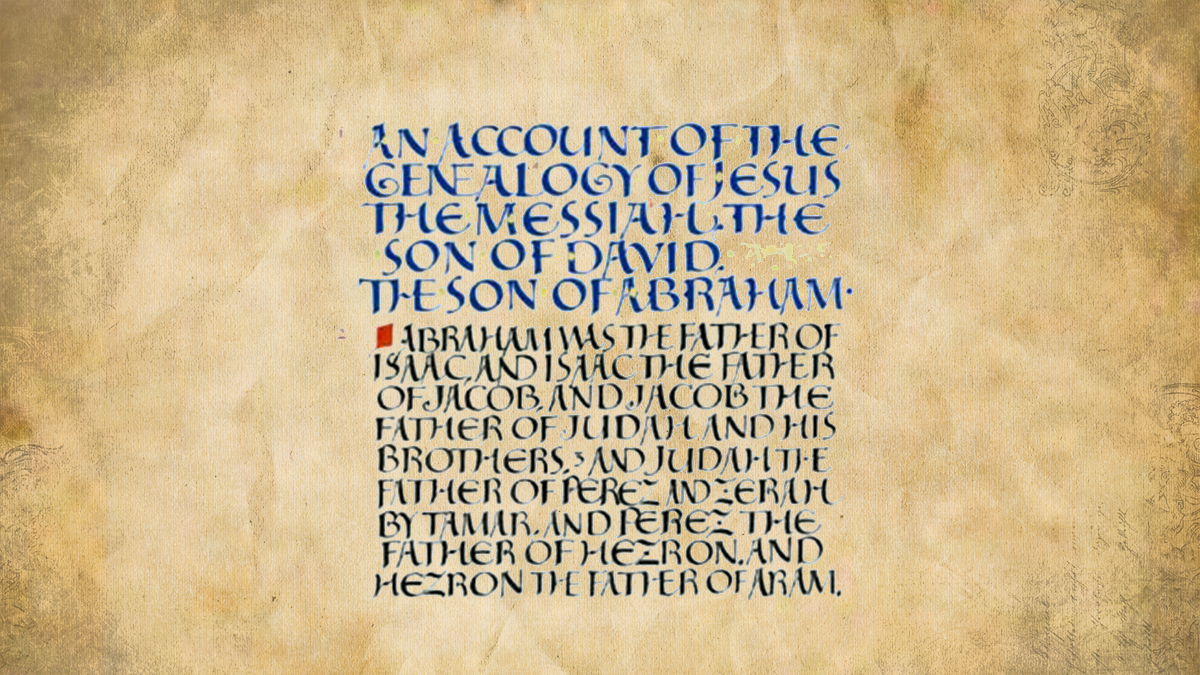
The genealogies in Scripture are so important that it may rightly be said that we cannot fully see the glory of the metanarrative (i.e. the storyline) of the Bible without them.
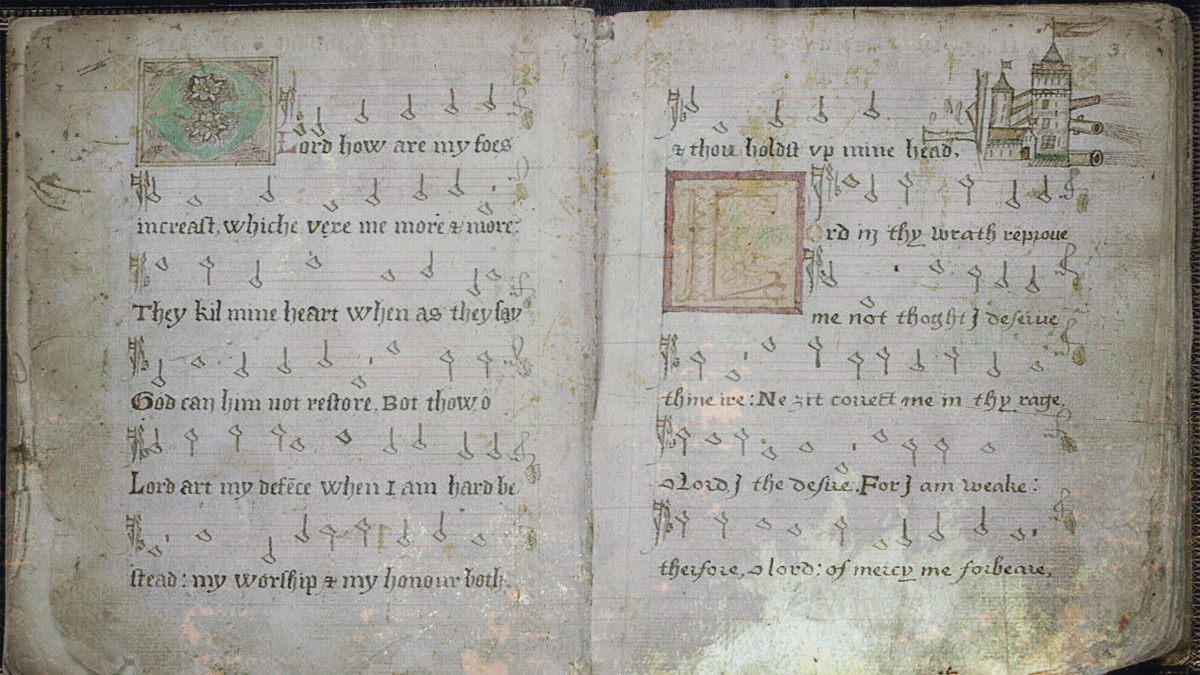
For some, it's going too far to state that Christ is found in the Psalms of chastening. Many have suggested that Christ cannot be found in the Psalms of the “Guilty Sufferer"--because He was without sin. It is only when we view the language of the Psalms in light of the language of the substitutionary Suffering Servant of Isaiah 53 that we begin to see how this is in fact exactly how we are to read them. Additionally, we must remember that the principle of substitution was found all throughout the sacrificial laws given prior to the Psalms.
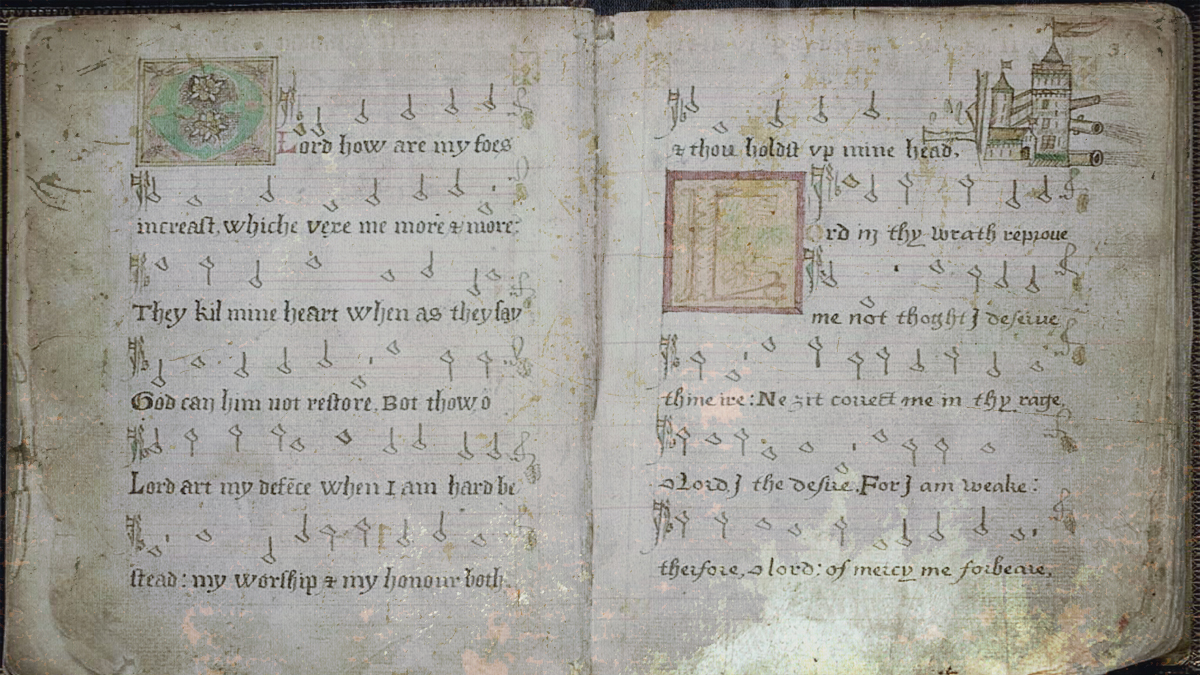
At a recent conference, I sat and listened intently to a lecture in which the participants were challenged to read the Psalms, not after the manner of those who eat candy--picking out favourites randomly--but in context. The speaker was Dr O. Palmer Robertson, who was giving us a taste of the fruit of his forthcoming work The Christ of the Sages. The question raised was, "Is there a context or order to the Psalms, or does each Psalm stand-alone?" It will help us to briefly consider Psalms 34-41 as a case study in order to answer this question.
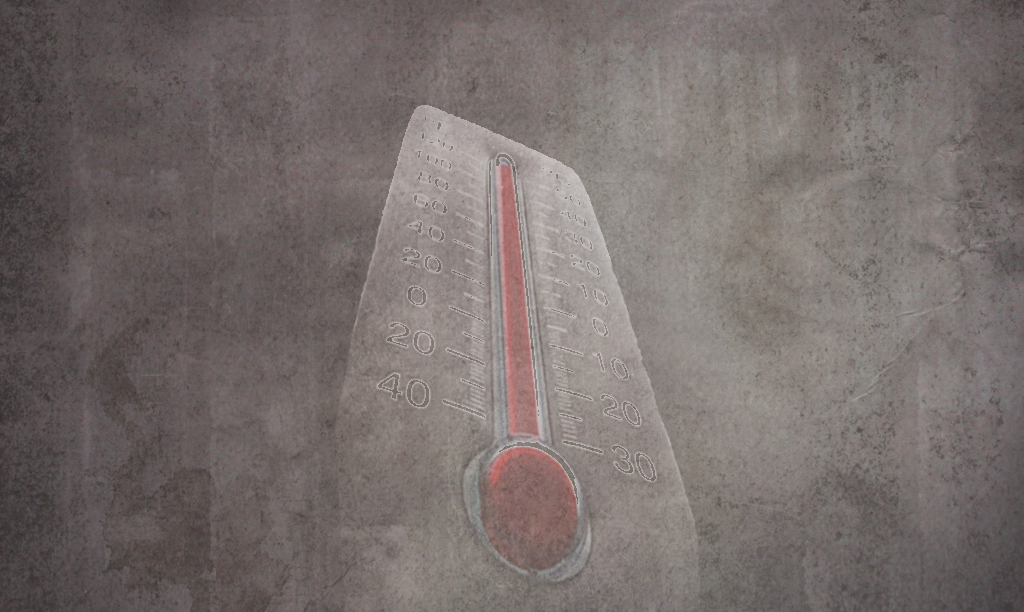
I was recently introduced to the phrase, "going-to-hell sin." This intrigued me because, from my own studies of Scripture when I was a young Christian, I always thought it was clear that all sins were "going-to-hell sins." But apparently not. Hollywood certainly has us thinking that they are not. You can hardly watch a movie in which hell is mentioned without reference to a character who has done some particularly terrible things--as over against other characters who are doing smaller, less "hell-deserving," evils. So, obviously, some sins send you to hell, and others...well, don't?
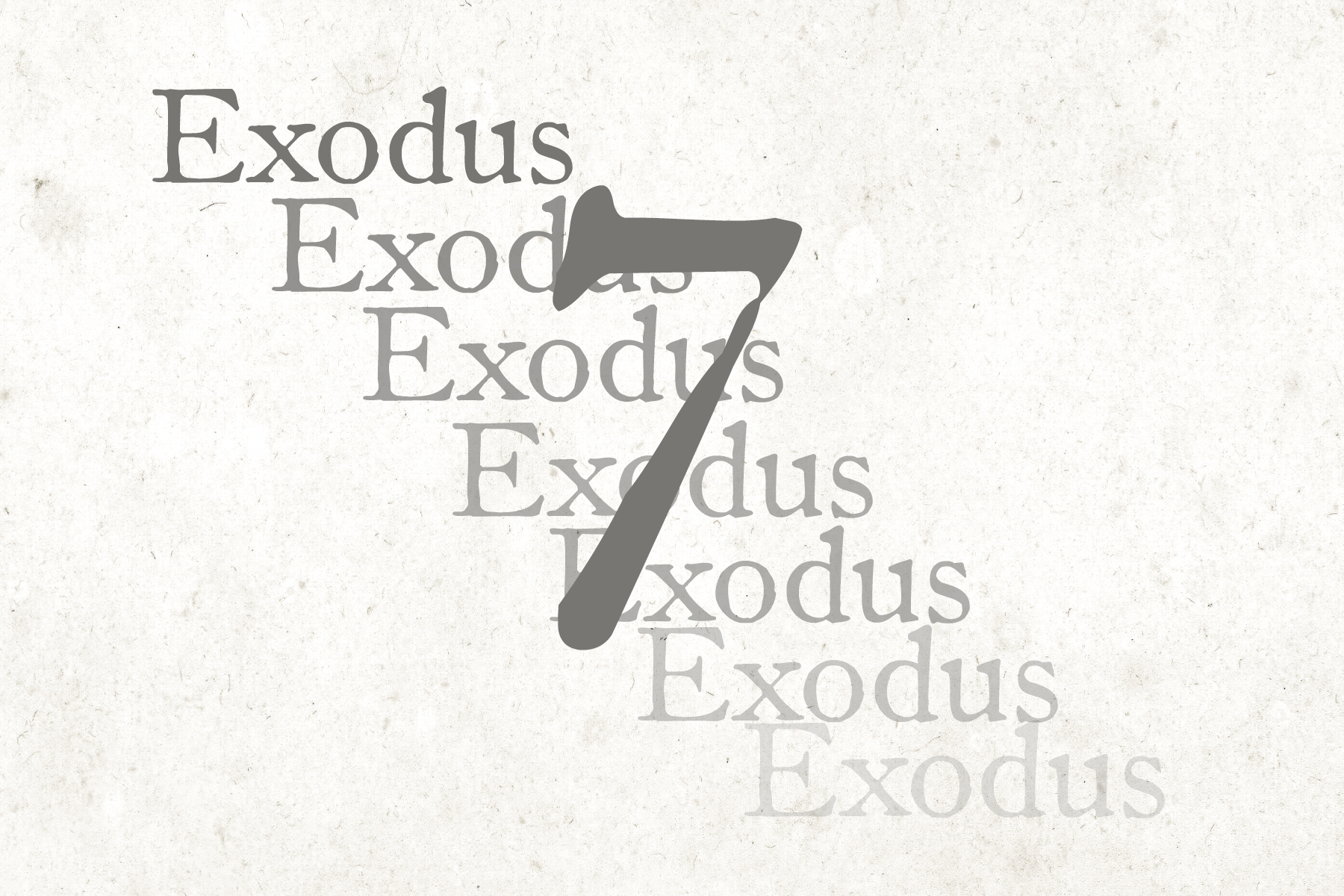
The overarching themes of the Exodus principle are hardship, deliverance and blessing. We might also label them as, suffering, salvation and glory. We observed how both certain individuals in redemptive-history and the nation of Israel experienced a displacement, of sorts. They were removed from the place of blessing – the promised land or the promised people in Peter’s case. In their time away from the place of blessing, they find themselves amongst pagans and suffering at the hand of pagans. God’s people cry out to him and he delivers them from oppression, granting them great material and or spiritual blessing as they are saved.



















 © Alliance of Confessing Evangelicals
© Alliance of Confessing Evangelicals


